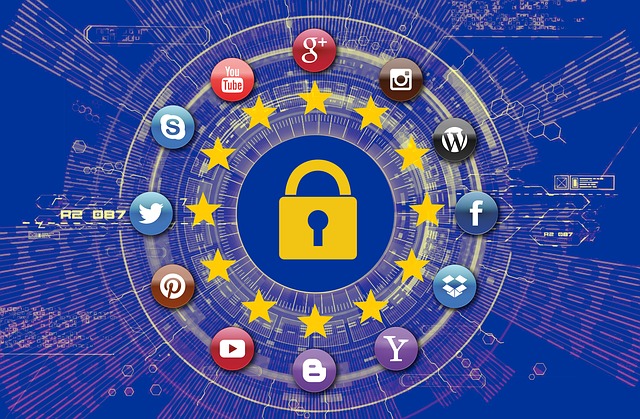The following is a statement published by Patrick Breyer, a member of the European Parliament reports on a new proposal that would make “chat control mandatory for all e-mail and messenger providers and would even apply to so far securely end-to-end encrypted communication services”.
The proposal is being made as a way to prevent and combat child sexual abuse, but as Breyer details in his statement, its provisions would have massive implications for privacy. For example, the chat control proposal would require all web hosting, social media, video streaming services, file hosting, and cloud services to give up information about their subscribed. This essentially means that the government would have access even to personal storage which is supposed to be private.
Breyer insists that mass surveillance is the wrong approach to fighting child pornography and sexual exploitation and that there are other more effective strategies that can be employed. He then offers alternatives to the EU proposal.
Editor’s Note: Like Breyer has insisted in his statement, there are many ways that governments can effectively stop child pornography and sexual exploitation, and mass surveillance is not one of them.
If we consider Breyer’s recommendations vis-a-vis the current trend of censorship and misinformation proliferated by the government, it is easy to see that the new EU proposal is a coverup for a more sinister agenda. They want to take control of our data because they know how powerful it is [see TIM COOK: “OUR INFORMATION IS BEING WEAPONIZED AGAINST US”].
We must do everything possible to safeguard our human right to privacy and freedom.
Read Original Article
Read Online
Click the button below if you wish to read the article on the website where it was originally published.
Read Offline
Click the button below if you wish to read the article offline.
